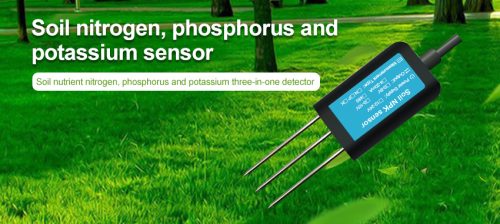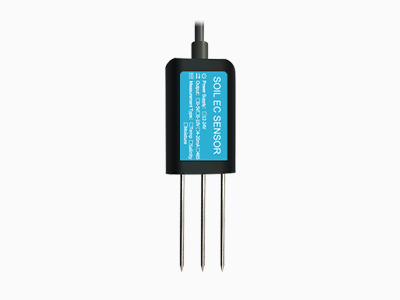An NPK tester is a device measure the levels of nitrogen, phosphorus, and potassium in soil or plant tissue. These three nutrients are essential for plant growth and are often found in commercial fertilizers. By testing the NPK levels, farmers and gardeners can determine if their soil or plants need additional nutrients to thrive.

What you need to know about a soil tester
Although there are quite a few variations, the basic idea is the same- these devices will detect the current condition of your soil, and then let you know what that is. You can then use things like fertiliser, lime, and other products to bring the pH balance to where you need it, and add any nutrients you need.
How I Chose the Best soil npk tester

Naturally, where you live impacts the type of soil that lies there. Silt, loam, clay, and sand are the most common soil properties, and these take a different percentage of the soil composition ratio depending on geographical location. This impacts soil pH, and there are, of course, numerous soil elements to consider, including: micronutrients, pH, soil temperature, soil moisture,. But analyzing these things requires a soil test kit.
When comparing different soil npk tester, there are also various things to think about, including accuracy , ease of use, results speed, price, and more. Different soil tests perform differently regarding each of these factors, and choosing the right one will depend on your priorities.
So, what’s right for you? Typical types of soil NPK tester include analog, pin, digital, and professional. Each method is best suited to a particular situation. Here are some of my best recommendations.
Portable NPK soil tester
Portable NPK soil tester is suitable for detecting the content of nitrogen, phosphorus and potassium in the soil, and judging the soil fertility by detecting the content of N, P and K . The stainless steel probe of soil NPK sensor can be burie in the soil for a long time, it is resistant to long-term electrolytic.
Features:
1. This soil recorder is very simple to use. Connect the soil sensor, insert the probe into the soil, the display screen can directly display the measurement results, simple and convenient, low measurement cost.
2. The design of soil analyzer is small and light, Connected to our 7-in-1 soil sensor. It can simultaneously measure soil temperature, moisture, pH, npk.
3, large size color display, easy to read. Mass storage can store up to 1,000,000 pieces of data at a time.
4, rechargeable soil analyzer with built-in lithium battery, standby time more than 8 hours.
Soil NPK sensor
Soil NPK sensor is suitable for detecting the content of nitrogen, phosphorus and potassium in soil. The sensor is suitable for a variety of soils and can be buried in soil for a long time. It has the advantages of long-term electrolysis resistance, corrosion resistance and vacuum potting.

(1)Convenient measurement: soil nitrogen, phosphorus and potassium detection is no longer limited to the industry .The instrument insert into the soil to measure;
(2)Low cost: compared with the traditional laboratory measurement
(3)soil NPK sensor has the advantages of low threshold, low cost, less steps, no reagent and unlimited detection times;
(4)High precision, high resolution: high precision, fast measurement speed, can reach 2% accuracy, increased stability
Soil nutrient speedometer
JX-3001-TR series Soil nutrient speedometer is a cost-effective soil component testing equipment developed by our company, which can detect soil nutrients, heavy metals.
Products adopt advanced cold light source, digital circuit and programmed design, the use of high brightness LED light source, to ensure the stability of the wavelength of the light source. This package does not come with a printer to monitor conventional fertilizer nutrients

Features:
1. Accurate detection: Developed according to national testing standards, it is widely applied to the detection of production and living wastewater.
2. Advantage of light source: Imported light source, excellent optical performance, life as long as 100,000 hours.
3. Intelligent operation: The device adopts guided operation, and the user can easily complete the detection operation according to the prompts.
4. Intelligent printing: You can set the concentration of automatic printing after detection, or choose manual printing mode.
5. Continuous measurement: The detector can detect a large number of samples, and can turn on continuous detection mode. So that the detection efficiency is higher.
Applications of Soil npk testers:
- Gardening and landscaping for plant care and watering
- Field research and soil moisture profiling
- Construction and civil engineering for compaction control
- Education and outreach in environmental science and agriculture
Overall, it’s clear that there are many great soil testing tools on the market. Those that don’t get rewarded still do well and will of course provide accurate soil test results. That is, consider our findings for each of the above categories and keep their strengths and weaknesses in mind during the selection process.
If you want to know the sensor quotation, please click it to contact us.
